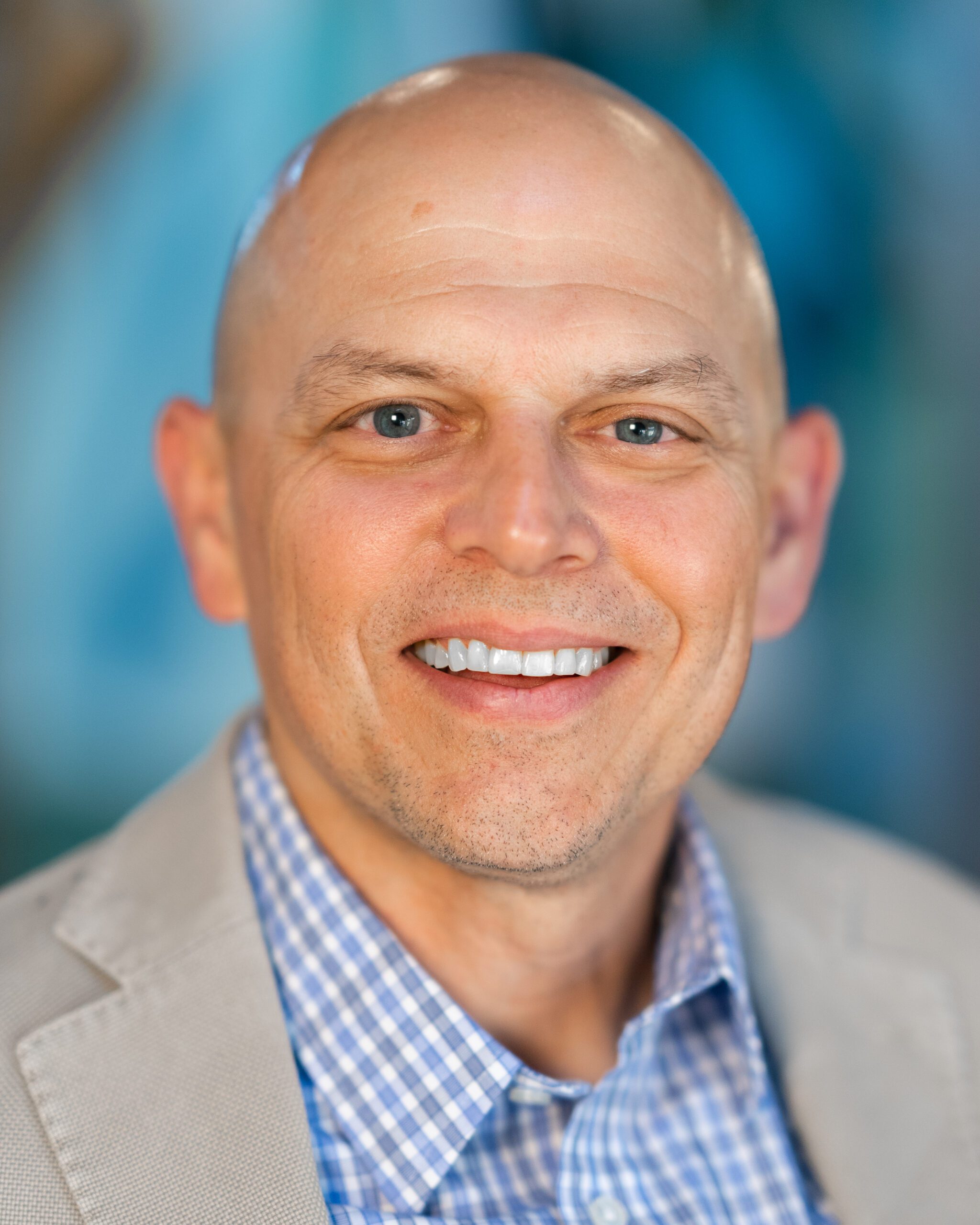Whether you are looking to acquire single family or multifamily residential, or a commercial property, real estate prices are soaring across all zip codes and price ranges. However, with today’s low-interest rates driving lofty valuations, patient buy-and-hold investors like you can quickly find yourself with tons of money stuck in properties you cannot easily access. Others have large amounts of capital sitting for months in checking accounts at near-zero growth waiting for the property prices and building materials inventory to return to normal.
Dead equity in properties is expensive. Sure, you have tons of equity built up, but what does all that equity earn? That’s right, Zero! A solid property may have a 10-20 percent annual return yet it would do that without your down-payment funds, say if you could convince a family member or friend to lend you the down-payment for free; the personal funds are therefore earning zero percent, they are dead equity. Most investors would choose zero down deals if they could figure out how to structure them. The good news is: it is not hard – read on!
Shouldn’t there be a better way for disciplined real estate investors to keep their money working for them all the time—not just when they’ve exited an investment? There is. It’s all about using other people’s money (OPM)—not your own—to finance your real estate investments.
First let’s think about how you buy single family rental properties, for instance. You work hard to save a bunch of money in your bank account. That money is liquid, but unfortunately, it’s earning essentially nothing in today’s low-rate environment. This creates some serious opportunity costs as your dollars won’t even keep up with inflation over time. So, you use that money to make a big down payment on the property and you lever the rest. Congrats, you own the cash flowing property. Unfortunately, you have thousands of dollars of equity stuck in that house that can’t be utilized elsewhere.
Fortunately, there’s another way that doesn’t tie up your cash, that pays you 4-5 percent without tax on your money while it’s parked and allows you to control the loan on your terms—not the lender’s.
Sound too good to be true? It’s not. It’s called Infinite Banking.
As I mentioned in my earlier post, infinite banking is a strategy that uses a uniquely designed cash value whole life insurance policy that essentially allows you to become your own banker. Your dollars earn uninterrupted compound interest in a private, tax-advantaged account earning well above bank rates.
Real world examples
Let’s assume you purchase a $100,000 property with a $20,000 down payment (disregarding closing costs). The down payment could be either in a 1% savings account (pre-tax) or in a 4.5 percent whole life policy that grows tax-free. After obtaining a conventional Fannie Mae loan for 80 percent of the purchase price, you borrow the down payment from the insurance company in the form of a completely unstructured loan. There is no qualification process. There are no repayment requirements. It takes just a few minutes to complete the process.
- By doing so, you have increased the “velocity” of your money since your capital is performing several vital jobs at once:
- It serves as collateral for a loan on a rental property that provides passive income and a host of other benefits;
- It grows tax-free with the annual crediting of guaranteed interest and dividends;
It provides a death benefit (insurance) that ensures your family can pay off the real estate bank loans if necessary if you pass away prematurely.
And since very little of your own money has been invested in the property, you are substantially reducing your risk of being sued (in most states), while freeing up your money for other high-return investments. Putting substantial personal equity into any asset–especially one used by other people when you are not present–is not only inefficient, but it makes your asset a target for fraudulent lawsuits.
Additionally, assume that a conservative $107 net cashflow is used to either refill your savings account after it is emptied to make the down payment, or it is used to pay off the policy loan over 30 years (you can do it over any timeframe you choose).
After 30 years, your savings account has grown back to $43,000, yet the scenario in which a policy loan was used and the $20,000 remained, it grows tax free inside the policy. That money has paid off the loan and the original $20,000 has grown to $77,000 over the same period. In the below example, it was a $34,000 mistake to use cash.

The house is sold at the end of 30 years without the use of a beneficial 1031 tax-deferred exchange. As a result, all taxes are already removed from the profits shown (capital gains and recaptured depreciation). It is often beneficial to make use of a tax-deferred exchange, but a direct sale was used in this example to go from all cash at the beginning to again all cash at 30 years.
Conclusion
As a savvy and disciplined real estate investor, Infinite Banking can provide a better option for storing your “safe dollars” in a tax-deferred manner earning well above bank rates. It also provides you with a guaranteed financing arm in which you have flexibility to control the terms and provides additional resources tax-free in the case of a premature death to provide for your family, pay off debt, and allow for your businesses to continue operating. If the concepts discussed briefly here have at all resonated with you and are a fit for your investing goals, I urge you to take a deeper look at this 200-year proven approach to growing lasting, perpetual wealth.
Gary Pinkerton is a wealth strategist, military veteran, entrepreneur, speaker, best-selling author and real estate investor. He has degrees in engineering from the US Naval Academy (BS) and the University of Illinois (MS), commanded the attack submarine USS TUCSON in his 25 years as a Navy nuclear submarine officer, was a Pentagon division director for the Joint Chiefs, and a senior ethics professor at the Naval Academy before retiring as a Captain. Gary has extensive experience designing, owning, and helping others implement high cash value life insurance, real estate, and alternative investments. He is passionate about furthering entrepreneurship and helping American families achieve financial dreams, establish a lasting financial legacy, and reduce taxes. He lives in Florida with his wife, Sue and their two sons.
























0 Comments